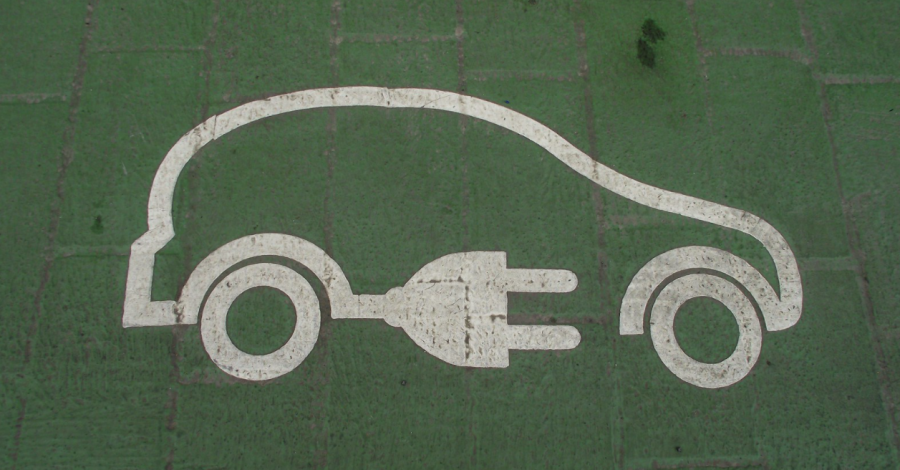
Months after quitting India, Ford considers making EVs in the country

Ford Motor Co said on Friday it is considering producing electric vehicles (EVs) in India, months after the company decided to stop manufacturing and selling cars in the country.
Last September Ford said it was taking a hit of about $2 billion because it does not see a path to profitability and was leaving the country – a decision that came as a setback for the government’s ‘Make in India’ initiative.
Ford has two plants in India – in Sanand, Gujarat, and Maraimalai, Tamil Nadu. In a statement on Friday, the company said it was “exploring the possibility of using a plant in India as an export base for EV manufacturing”.
Also read: Ford says goodbye to India. The decision will leave thousands jobless
Asked if the company would consider selling electric cars in India as well, a Ford India spokesperson said: “There have been no specific discussions on this right now, but it is not out of the realm of future consideration.”
Ford is increasingly targeting customers in what it said was a “global electric vehicle revolution”. The company has previously said it plans to invest $30 billion in EVs and batteries through 2030.
Ford’s comments to explore India as an EV manufacturing hub came after the company’s proposal to seek incentives under the Centre’s $3.5 billion scheme for clean-fuel vehicles was approved on Friday.
The plan is a cornerstone of the Narendra Modi government’s agenda to cut oil imports and reduce pollution by giving benefits of up to 18 per cent of new investments made by companies to manufacture electric and hydrogen fuel-powered vehicles. Ford is among 20 other companies eligible for benefits under the production linked incentive scheme.
The Centre’s nod to Ford will also comes as a setback for Tesla. The world’s largest EV manufacturer has been lobbying for an India entry for the past several months. The sticking issue has been the high import duties levied by the Centre on EVs. Tesla has also not shared its production plans in India yet.

